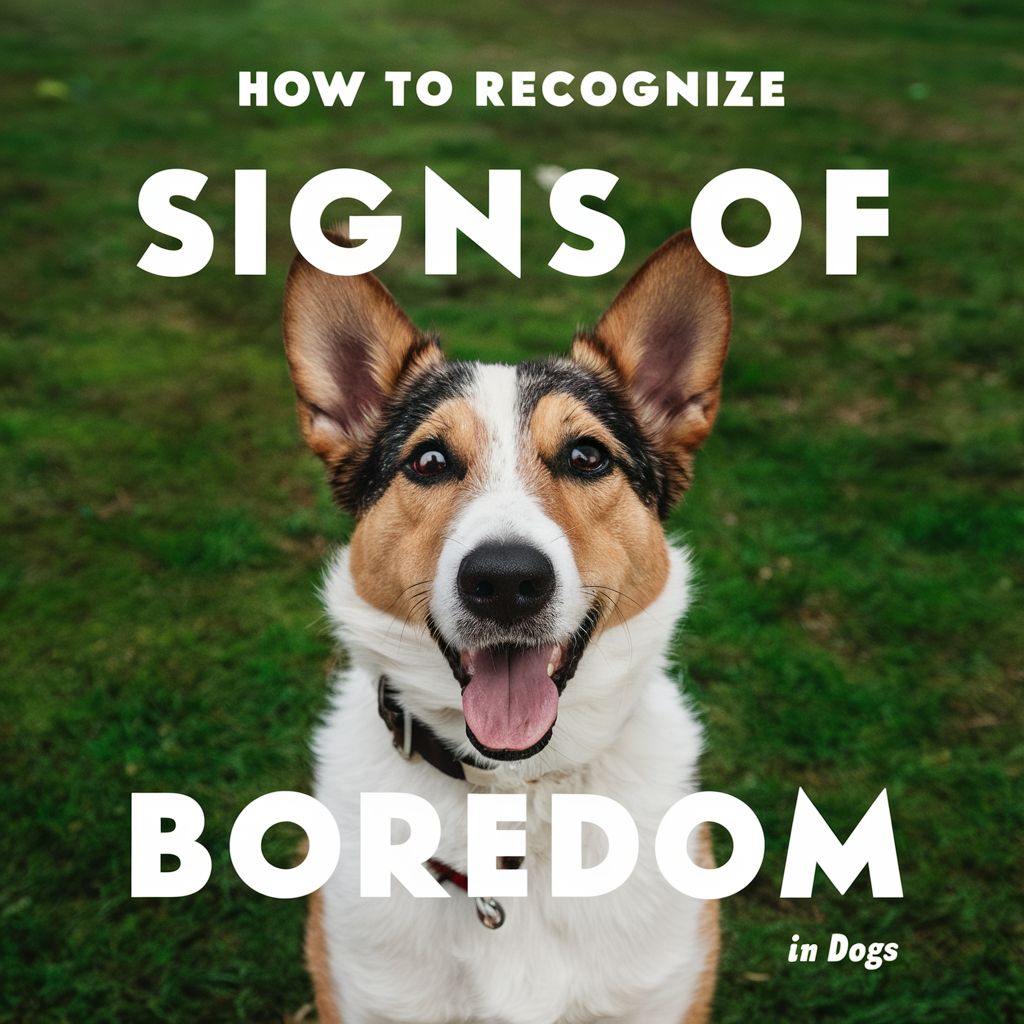The 8 to 10-week stage of a puppy’s life is a critical period for their development. During this time, they are rapidly growing, learning, and exploring their environment. As a responsible pet owner, it’s essential to understand what your puppy should be doing and learning during this crucial phase. Let’s explore the key aspects of their development.

1. Socialization
Socialization is crucial for a young puppy’s development. At this age, they are eager to explore and interact with the world around them. Expose your puppy to various people, animals, and environments in a controlled and positive manner. This helps them develop confidence, adaptability, and positive associations. Introduce them to different sights, sounds, surfaces, and experiences, gradually increasing the level of stimulation as they grow more comfortable.
2. Housetraining
Housetraining is an important skill to teach your puppy. During the 8 to 10-week period, they begin to understand the concept of eliminating in appropriate areas. Establish a consistent routine for feeding, walking, and bathroom breaks. Take your puppy outside frequently, especially after meals, naps, and play sessions. When they eliminate in the desired location, praise and reward them with treats or verbal praise. Consistency, positive reinforcement, and patience are key to successful housetraining.
3. Basic Commands
Now is the ideal time to start teaching your puppy basic commands. Begin with simple commands such as “sit,” “stay,” and “come.” Use positive reinforcement techniques, including treats and verbal praise, to motivate your puppy and reward desired behavior. Keep training sessions short, fun, and engaging, as puppies have limited attention spans. Consistency and repetition will help them understand and respond to commands effectively.
4. Bite Inhibition
Puppies explore the world through mouthing and biting. It’s important to teach them proper bite inhibition. Whenever your puppy bites too hard during play or interaction, let out a high-pitched yelp or say “ouch” to indicate pain. This mimics how their littermates would respond, teaching them that biting too hard is not acceptable. Redirect their attention to a chew toy or appropriate object, rewarding them when they engage with it instead of biting.

5. Social Skills with Other Dogs
Positive interactions with other dogs play a crucial role in a puppy’s social development. Allow your puppy to meet and interact with well-socialized adult dogs or other puppies of appropriate age and size. Supervise these interactions to ensure they remain positive and safe. This helps your puppy learn proper canine communication, body language, and play manners. Positive experiences with other dogs contribute to their overall socialization and behavior in the future.
6. Crate Training
Introduce your puppy to crate training during this period. A crate provides a safe and comfortable space for your puppy to relax and rest. Start by making the crate inviting and associating it with positive experiences. Place treats and toys inside the crate to encourage them to enter willingly. Gradually increase the duration of crate time, ensuring your puppy receives regular exercise, mental stimulation, and opportunities for social interaction.
7. Handling and Grooming
Getting your puppy accustomed to being handled and groomed is crucial for their overall well-being. Introduce them to gentle handling of their paws, ears, mouth, and body. Gradually increase the intensity of handling as they become more comfortable. Use positive reinforcement, treats, and praise to create a positive association with grooming activities. Regular brushing, nail trimming, and dental care should also be introduced gradually to help your puppy become accustomed to these essential grooming practices.
8. Leash Training
Introduce your puppy to wearing a collar and leash during this period. Start with short, supervised leash walks in a familiar and safe environment. Allow them to explore while gently guiding them. Reward good behavior and use positive reinforcement techniques to encourage them to walk beside you on a loose leash. Consistency, patience, and positive reinforcement will help your puppy become comfortable and confident on a leash.
9. Health Care
Schedule a visit to the veterinarian for a comprehensive health check-up, vaccinations, and discussions about preventive measures. Your veterinarian will guide you on appropriate vaccinations, deworming, flea and tick control, and any specific health concerns related to your puppy’s breed. Establish a schedule for future vaccinations and follow the veterinarian’s recommendations for maintaining your puppy’s health.
10. Obedience Classes
Consider enrolling your puppy in puppy obedience classes or training programs. These classes provide structured learning environments, socialization opportunities, and guidance from professional trainers. Obedience classes help reinforce basic commands, improve your puppy’s focus and behavior, and enhance the bond between you and your furry companion. They also offer a chance for your puppy to interact with other dogs and people in a controlled setting.
The 8 to 10-week stage of your puppy’s life is a critical period for their development. By focusing on socialization, housetraining, basic commands, bite inhibition, social skills, crate training, handling and grooming, leash training, health care, and obedience classes, you can help shape your puppy into a well-rounded and well-behaved companion. Remember to be patient, consistent, and positive in your training approach. Enjoy this special time with your puppy as you watch them grow and learn.
As an Amazon Associate we earn from qualifying purchases through some links in our articles.




